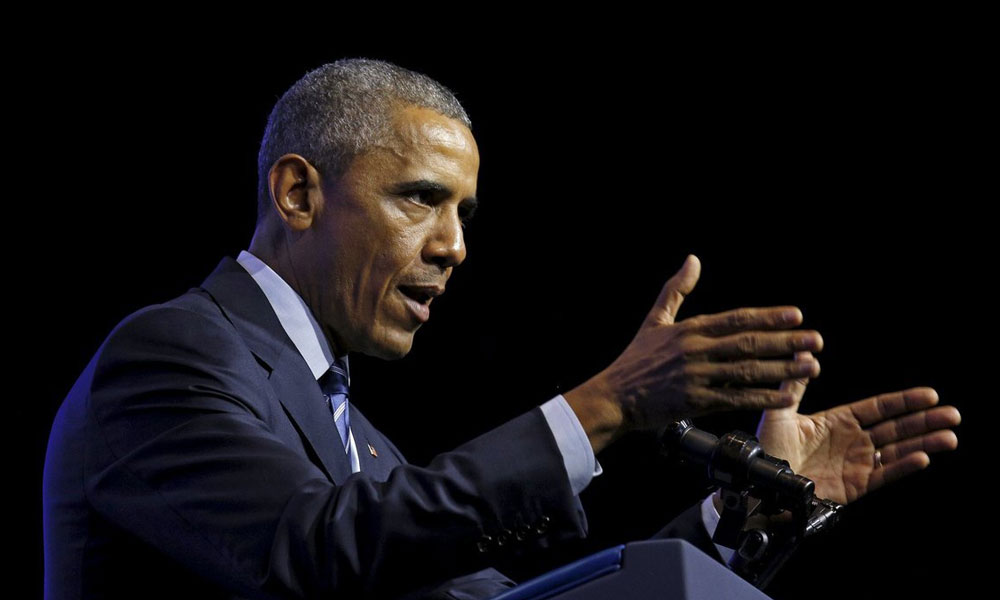
Obama Presidential Pardons Build on Associations’ Work
The president's focus this week on criminal justice issues—which will culminate in a historic visit to a federal prison—comes with a push from legal and criminal justice groups that have in recent years focused their time and energy on clemency.
This week, the Obama administration is taking some small but significant steps on an issue that has been the focus of criminal justice reform advocates for generations.
Already President Barack Obama has commuted the sentences of 46 prisoners, and on Tuesday, in a speech at the NAACP’s annual meeting in Philadelphia, he made the case for an overhaul of the criminal justice system.
But the biggest moment of the week will come on Thursday, when Obama becomes the first sitting president to visit a federal prison. While at Oklahoma’s El Reno prison, he’ll talk to Vice about the need for criminal justice reform.
This is an all-hands-on-deck situation.
“The eyes of more Americans have been opened to this truth,” Obama said on Tuesday, according to CNN. “The good news—truly good news—is that good people of all political persuasions are starting to think we need to do something about this.”
Bold steps for a sitting president—and a definite shift from the days of the “tough on crime” politician. But in some ways, he’s simply taking advantage of the groundwork that’s been laid out for him on this issue by associations and advocacy groups. Since last year, Clemency Project 2014—a collaboration between the American Bar Association, the American Civil Liberties Union, Families Against Mandatory Minimums, the Federal Public and Community Defenders, and the National Association of Criminal Defense Lawyers—has worked to identify prisoners who are in jail for nonviolent drug offenses and are likely candidates for clemency under a 2014 Justice Department program.
The program, which offers its services for free, has gone through the process with more than 26,000 inmate requests.
“I think they honestly want to address some of the people who have been oversentenced in the last 30 years,” Families Against Mandatory Minimums Founder and President Julie Stewart told The New York Times. “I’m not sure they envisioned that it would be as complicated as it is, but it has become more complicated, whether it needs to be or not, and that’s what has bogged down the process.”
So far, the groups have welcomed President Obama’s clemency work, though they hope to see more get through the system.
“It’s heartening to see President Obama using his constitutional clemency powers for the good of nonviolent federal prisoners who received excessively long sentences,” Clemency Project 2014 Director Cynthia Roseberry said in a news release. “Yet, many prisoners are still serving unduly harsh prison terms based on repudiated laws and policies. That means we have quite a bit of work left to do, as does the Office of the Pardon Attorney, the Deputy Attorney General, and the White House. This is an all-hands-on-deck situation.”
Obama speaks at the NAACP's annual meeting in Philadelphia this week. (Kevin Lamarque/Reuters)






Comments